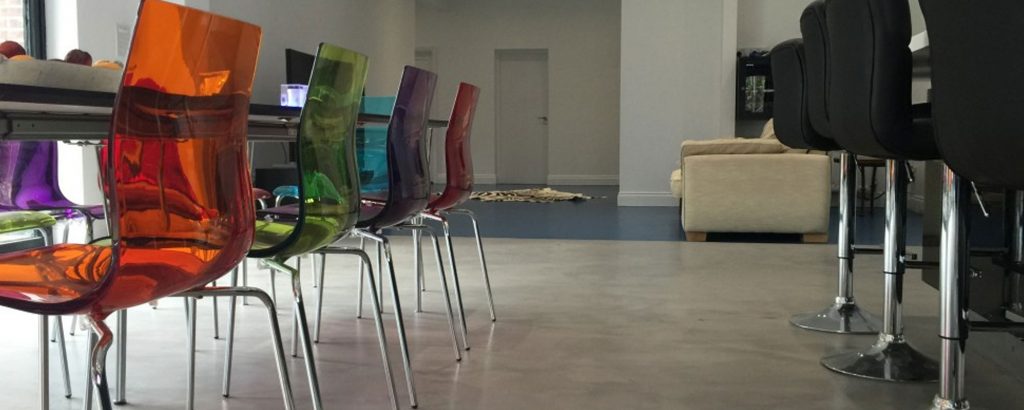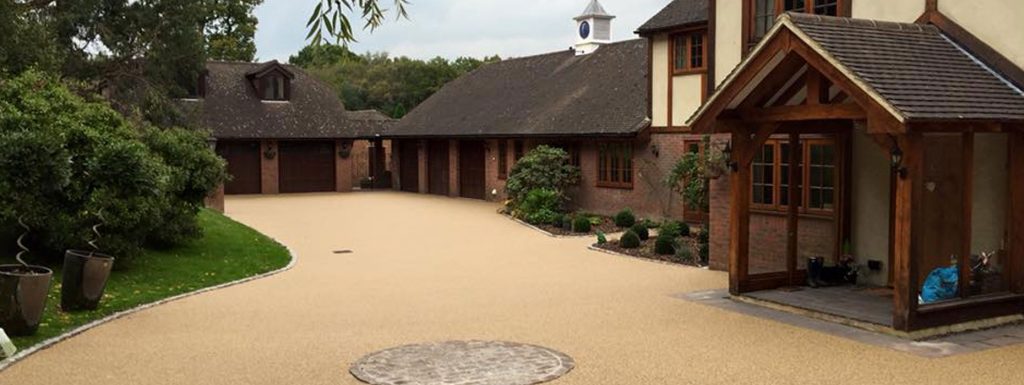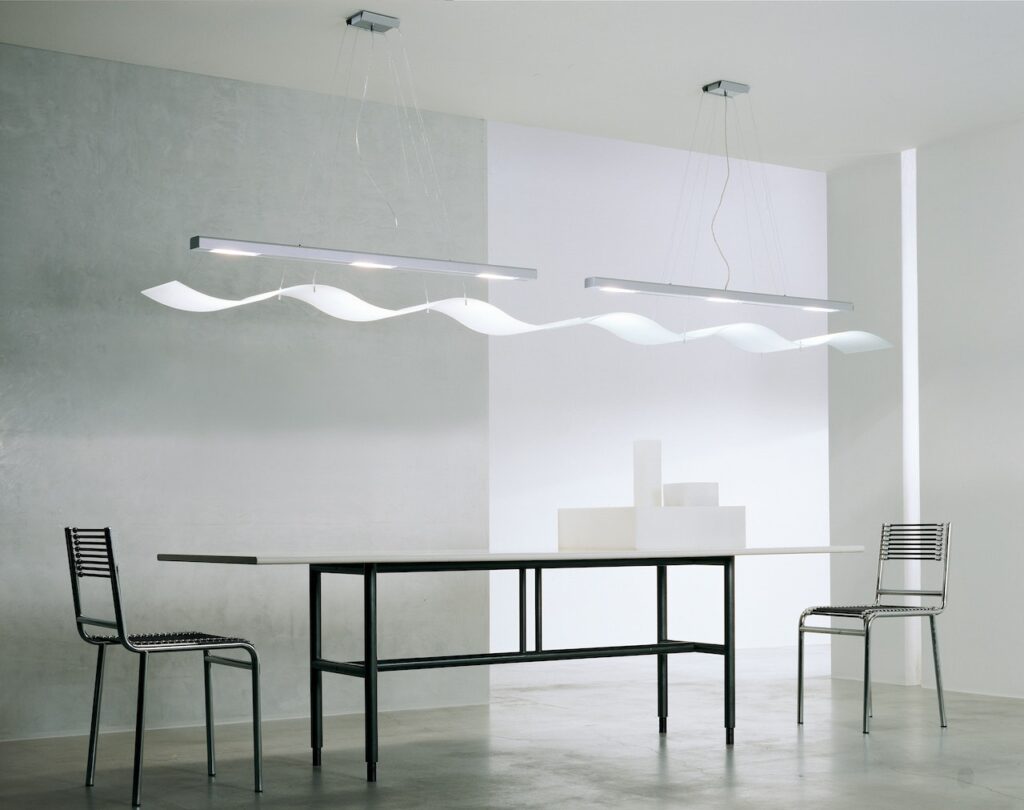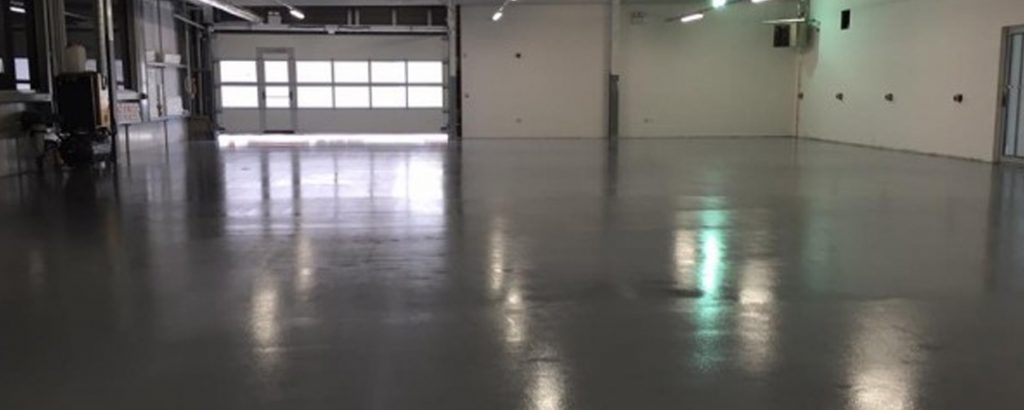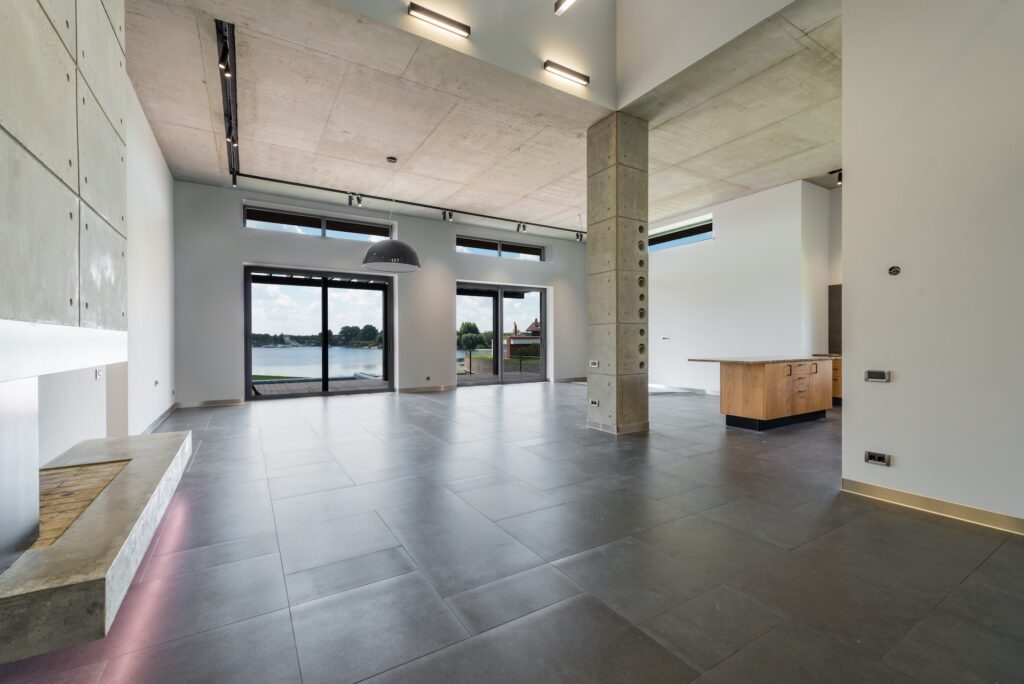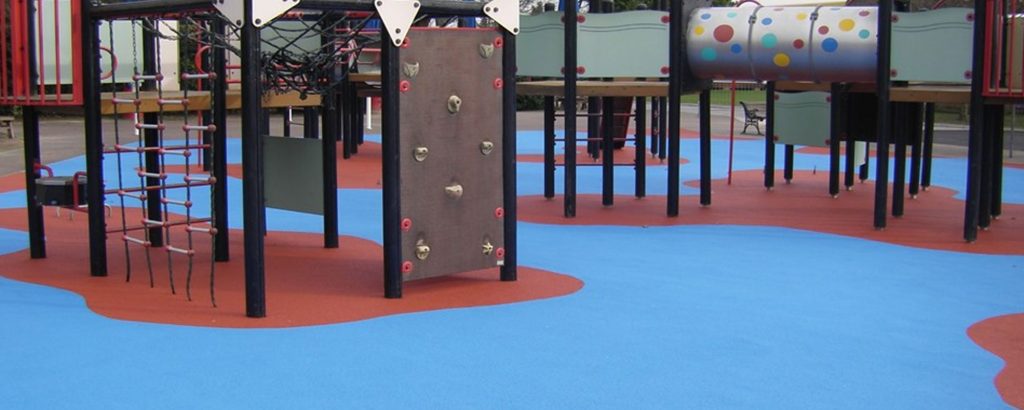Polyurethane floors, or PU floors, are decorative, functional, highly practical, and a popular option in commercial and residential settings as an alternative to epoxy.
One of the common applications is to lay a PU floor over underfloor heating pipes – the benefit is that polyurethane can be applied over the majority of existing floor surfaces and covers pipework flawlessly while having a range of favourable performance properties.
A PU floor is also more durable than laminate, wood or tile and has a higher elasticity, making it more ergonomic.
Today Flexflooring explains all you need to know about polyurethane as a material and its ideal uses.
What is polyurethane made of?
PU is a type of synthetic resin that can be water, solvent or oil-based.
This multi-use material is an elastomeric polymer (similar to rubber) which is flexible, easy to work with, and available in numerous colours and finishes.
It is made through a reaction between polyols and diisocyanates to produce elastomers and durable, compact materials such as thermoplastics.
The resin is non-toxic, safe, and more sustainable than many conventional flooring options.
PU floors can be laid as a clear, scratch-proof coat to protect underlying flooring, applied as a varnish over wood, mixed with a cement compound or used as a standalone flooring surface.
Where are polyurethane floors used?
The abrasion-resistant nature of polyurethane makes it suitable for a vast range of spaces.
In commercial projects, PU floors are often used where epoxy is not appropriate and are found in multi-storey car parking facilities. The elasticity means the PU coating waterproofs each floor and protects it from damage.
PU is also used outdoors and, unlike epoxy, can be UV resistant, so it won’t fade or wear down after exposure to prolonged hours of sunshine.
Aliphatic PU flooring coatings are flexible, so they are found in:
- Outdoor car parks
- Loading bays
- Industrial freezers
- External dining areas
- Decking spaces
- School playgrounds
- Commercial gyms
The flexibility provides a low-impact flooring surface. It is also possible to apply a clear PU coat over epoxy to render it scratch-proof, improve UV resistance and extend the lifetime of the flooring.
Commercial settings typically use polyurethane floors as a cement-based compound that can be cleaned with very hot water without any deterioration.
Examples include food manufacturing, where a traditional floor would begin to peel after being cleaned with water of 70°C or above. Read more about how PU flooring is used as flooring for warehouses.
Although there are several PU brands and flooring manufacturers, Ucrete is a typical type of PU floor mixed with concrete, which is resistant to almost every possible substance or environment, including acid.
The properties of polyurethane flooring
PU is incredibly durable, and along with resistance to UV rays, abrasion and water, it doesn’t break down in sub-zero temperatures.
A PU floor is an excellent investment for outdoor spaces or commercial kitchens since it will last for years to come, remain in good condition all year round, and protect sub-flooring layers from damage.
Key properties include:
- A decorative, perfectly even floor without seams, joints or bumps.
- Bright, bold colours which will not yellow or fade over time.
- High elasticity, ideal for noise reduction and safety.
- Waterproof, making the floor easier to clean and hygienic.
Thicker PU floors are often found in schools and gyms, with a softer texture and slightly less gloss finish – the elasticity absorbs the impact of continual foot traffic and is more comfortable to walk on.
A flexible floor is also safer for young children to play on, lessens the risk of accident, and reduces the likelihood of breakage if an item is dropped.
How are polyurethane floors installed?
The technical nature of a PU flooring installation means that the project should only ever be undertaken by a suitably qualified professional with the right equipment for the job.
Epoxy flooring can sometimes be laid by a less experienced tradesperson, but PU requires skill and expertise.
PU is sensitive to dampness, and although it is 100% waterproof when cured, the floor must be laid in a completely moisture-free climate to avoid causing a chemical reaction.
It is extremely hard to recoat cured PU without surface preparation, and it isn’t easy to sand (since it is scratch-resistant), so a new floor must be fitted perfectly the first time.
Other reasons to hire a capable flooring specialist include:
- The potential for shrinkage, particularly with clear PU, due to surface tension.
- Risks of micro-dust particles becoming trapped in the polyurethane.
- The need for an anchor before cement mixed PU floors can be applied.
Polyurethane cures reasonably fast, so the installation process is well organised and follows a systematic approach to ensure a perfect finish without any issues.
The pros and cons of using PU flooring
As we have seen, a PU resin has a huge range of advantages. Epoxy is harder, but PU is more flexible and therefore more durable, with natural abrasion resistance.
Perhaps one of the most long-lasting flooring surfaces available, PU is not vulnerable to damage from corrosion, acids, solvents, and alkalis – although the best PU compound will depend on the intended use and the type of space.
PU floors hold up against extremely hot or cold temperatures, don’t scratch or crack without severe pressure, and cure quickly so a flooring installer can add new coats to ensure your floor lasts longer.
The only downside to PU is that it can be more expensive.
Still, as a premium flooring solution with impressive performance capabilities, it will outlast other flooring options many times over.
It is also crucial to have a PU floor fitted by a qualified professional since any contact with humidity, water or moisture in the air can cause serious damage.
For more information about polyurethane and the varied applications for this diverse flooring material, please get in touch with the Flexflooring team.
We will be happy to run through the installation process in more detail, advise whether PU is the right option for your requirements, and suggest the appropriate compounds that will provide the best longevity, depending on the nature of the building or outdoor space
